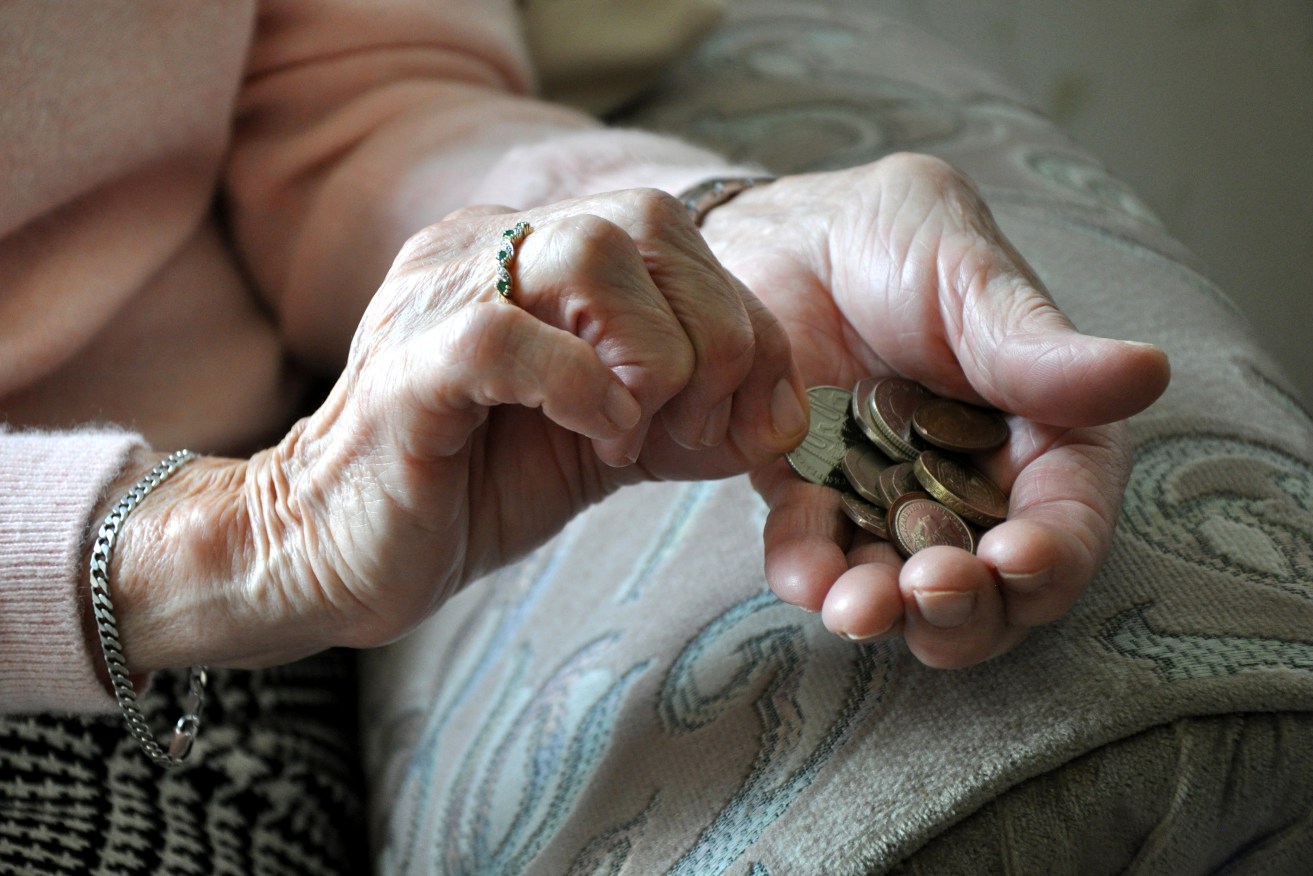How the super system discriminates against women
An increasing number of women face poverty or even homelessness in retirement because the superannuation system isn’t built to support them, writes Andrea Michaels.


Photo: Kirsty O'Connor/PA Wire
Anne worked hard as a young woman…she got married and had three kids. But when her kids grew up, her marriage fell apart. By then she was 53. She went back to full-time work but couldn’t save much as rent was expensive. At 65, she retired and got the full pension, getting about $400 per week. She didn’t have much superannuation. She’s now 68, has used all her savings and has to leave her rental property. Anne is now homeless and has a life expectancy of 87 years.
Last month Australia celebrated International Women’s Day and this case study was one topic that got people thinking.
We’ve heard arguments about gender pay gaps – but how many people actually realise the long-term effects of this problem? It’s about the low standard of living many women will be facing shortly due to lack of retirement savings.
Industry Super Australia estimates around 29% of women over 65 are now living below the poverty line due to lack of savings. The average super balance at retirement for a man in 2013/14 was $292,500 and only $138,150 for a woman. The average super balance of males over the age of 15 years in 2013/14 was $98,535 and $54,916 for females.
We have a superannuation system that favours higher-income workers in continuous employment until retirement. Those who earn the most and contribute the most will be rewarded. This is clearly not a system built to support women, especially those that are single.
Recently I discussed this topic in a radio interview. I was shocked the interview exposed a total lack of knowledge about the problem and revealed many who believe these things are due to a woman’s “choices”. Many callers were outraged anyone should suggest there was an issue at all. “Why don’t they just work harder”, one caller commented.
The fact is women do work, but they work differently. The gender wealth gap opens up very early on, due to differences in how much money is earned and how it is invested, but by the time women reach their 30s and 40s they’re frequently taking time out of the workforce to care for children or the elderly and often return to work part-time. It’s not always a choice – it’s about looking after their families. And even if they do return to full-time work years later, the break hardly enhances their salary prospects. Female workers often earn less than men even in exactly the same job and women dominate the lower tax brackets.
Traditionally many women relied on a man to get them through retirement. But life isn’t perfect and marriages end, often after women have taken years off caring for babies.
Government on both sides needs to recognise these are significant problems and the solution lies in real policy changes.
Why wait until your mum or my mum, your sister or your daughter ends up living in poverty because we decided to do nothing at all?
An Anglicare report released last year recognises older single women represent the changing face of homelessness. The report states: “As a society, we have a clear moral and social obligation to support anyone experiencing homelessness. This obligation is arguably greater when the group affected experiences homelessness as a direct result of poor policy.”
So what can we do? We need to deal with the underlying causes of the super gap – the inequality of pay between men and women, how we manage career breaks or part time work, managing career progression after children and employment for older workers. These are all issues we should be dealing with as a society.
We need to increase contribution caps – but not when women return to work from maternity leave as the Treasurer suggested last year. What mother of a young child is likely to have spare cash to put into super? Rather, we should target the increase at older women whose children have finished school and when the prospect of retirement is more real.
Let’s make a policy decision to help fund it. Instead of allowing a tax deduction for super contributions, allow women a tax offset. That’s a dollar for dollar saving on their tax bill. This will be far less than the cost to society of not addressing the problem.
Let’s reassess the Government’s decision to scrap the Low Income Superannuation Contribution. How crazy was that? The scheme is squarely targeted at the lowest income earners and the section of our community that needs it most. Loss of this scheme is expected to impact 50% of all women, and a massive 80% of women who work part time.
Employers can do their bit too. Like ANZ, which has introduced a top-up system of an extra $500 per year in super for their female employees, as well as continuing to make super contributions for staff (typically female) on parental leave.
There isn’t a short-term fix. It’s a longer-term problem but we can decide it’s important enough to deal with now. Why wait until your mum or my mum, your sister or your daughter ends up living in poverty because we decided to do nothing at all? It’s about giving women who have worked hard a fair go.
Andrea Michaels is a tax law specialist and the managing director of Adelaide firm NDA Law.




